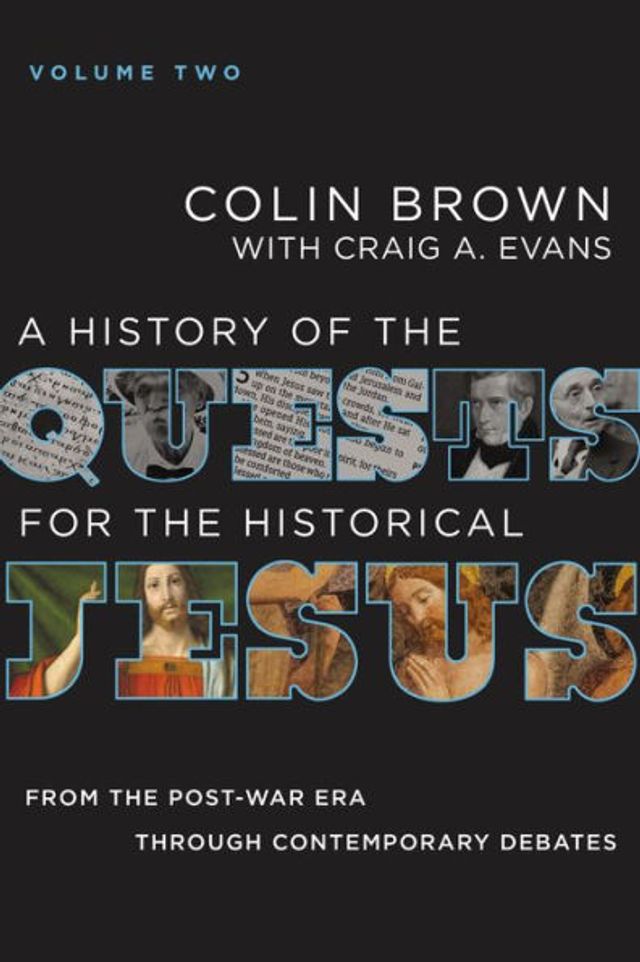Home
the Railwaymen: Volume 2: Beeching Era and After History of National Union Railwaymen
Barnes and Noble
the Railwaymen: Volume 2: Beeching Era and After History of National Union Railwaymen
Current price: $110.00


Barnes and Noble
the Railwaymen: Volume 2: Beeching Era and After History of National Union Railwaymen
Current price: $110.00
Size: Hardcover
Loading Inventory...
*Product information may vary - to confirm product availability, pricing, shipping and return information please contact Barnes and Noble
Originally published in 1982,
The Railwaymen
examines the impact of the transformation which took place in the British Railways in the second half of the 20
th
Century on the people who maintained British railway services and reveals the change which took place in the union to which most of them belonged: the National Union of Railwaymen (now part of the National Union of Rail and Maritime Transport Workers: RMT). The union’s reaction to the Beeching closures of the 1960s and the Industrial Relations Act of 1971, its policies on the closed shop, inter-union rivalries, representation in Parliament and the constitution of the Labour Party are treated authoritatively by the author who had access to all the union’s records.
The Railwaymen
examines the impact of the transformation which took place in the British Railways in the second half of the 20
th
Century on the people who maintained British railway services and reveals the change which took place in the union to which most of them belonged: the National Union of Railwaymen (now part of the National Union of Rail and Maritime Transport Workers: RMT). The union’s reaction to the Beeching closures of the 1960s and the Industrial Relations Act of 1971, its policies on the closed shop, inter-union rivalries, representation in Parliament and the constitution of the Labour Party are treated authoritatively by the author who had access to all the union’s records.

















